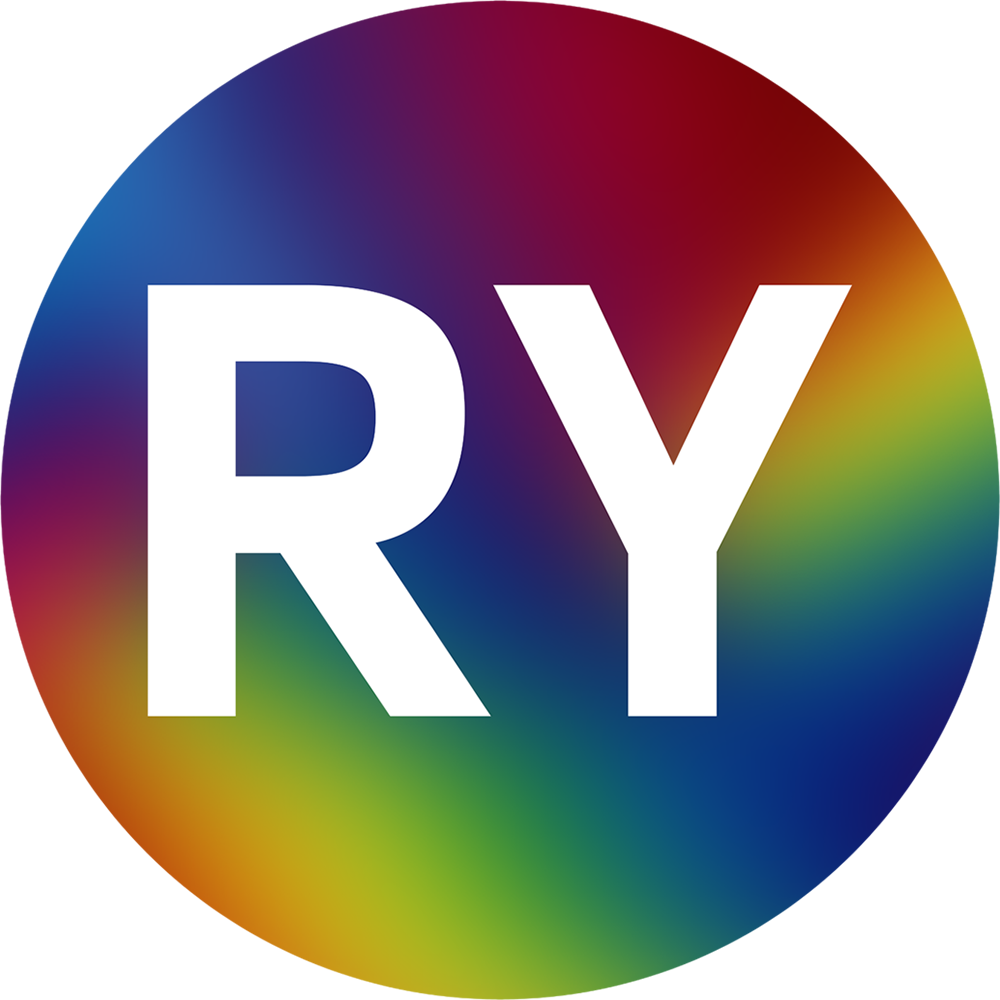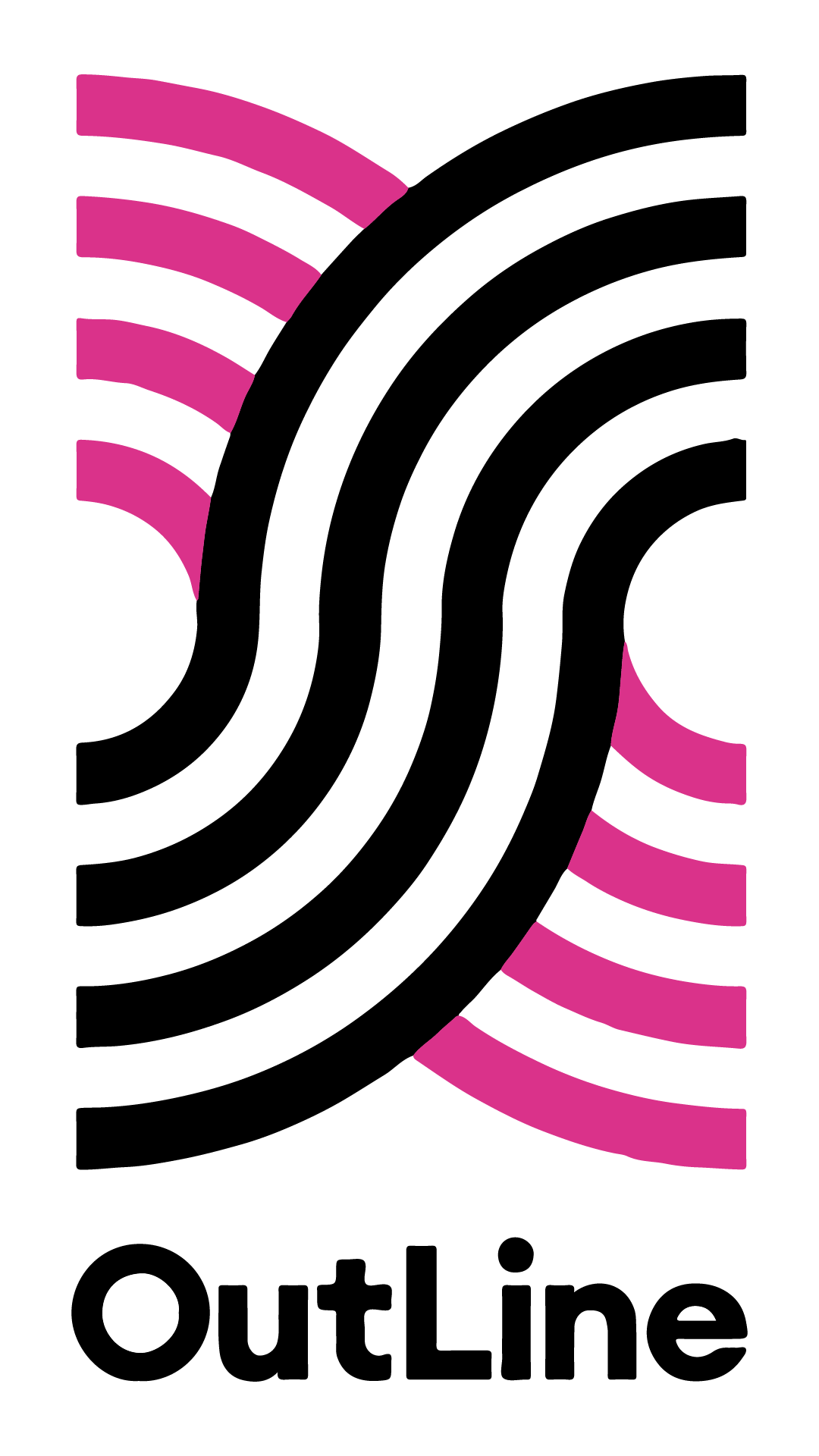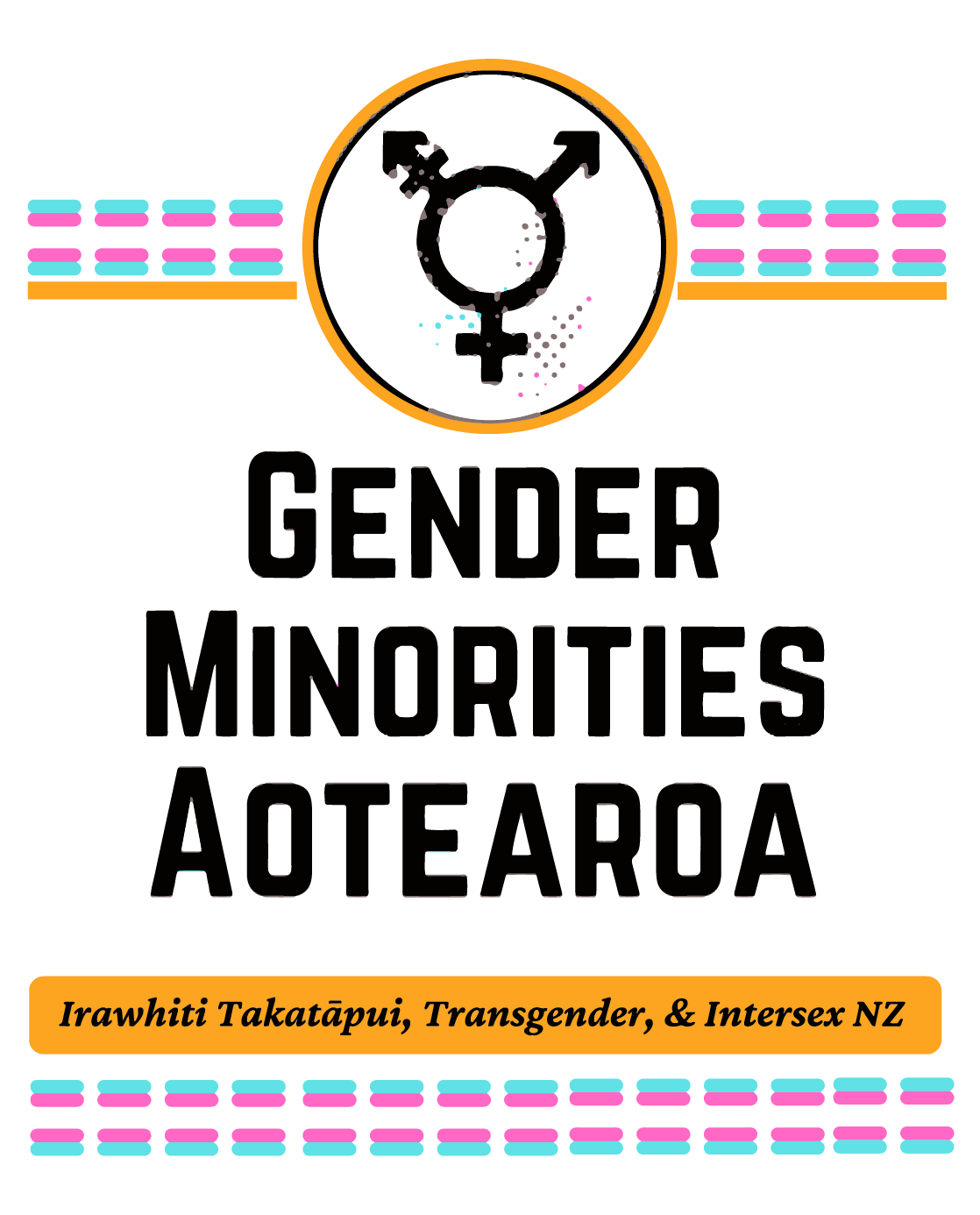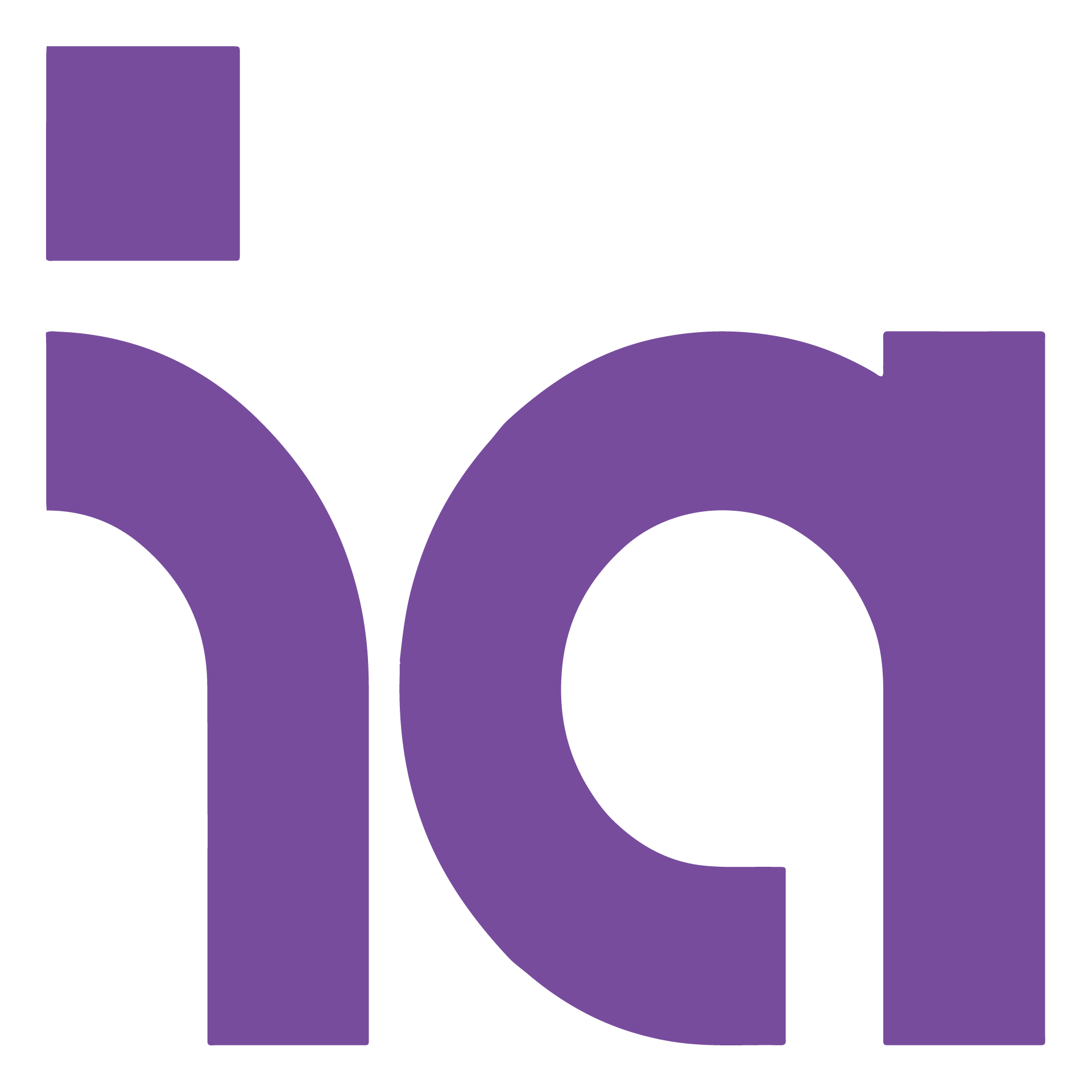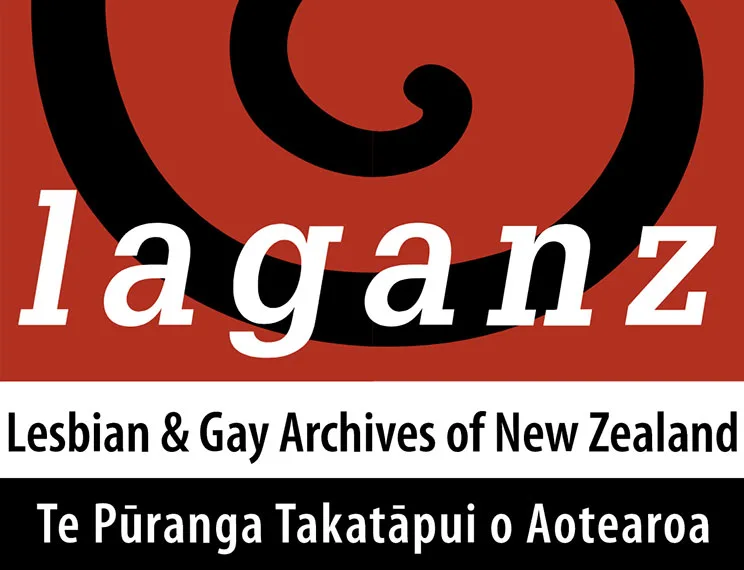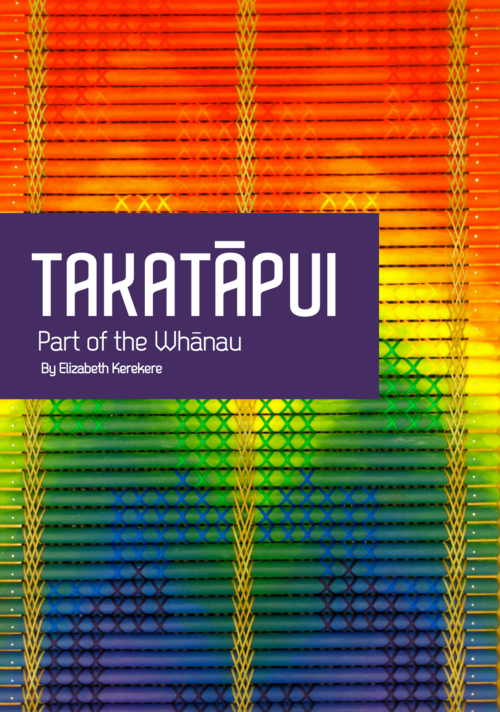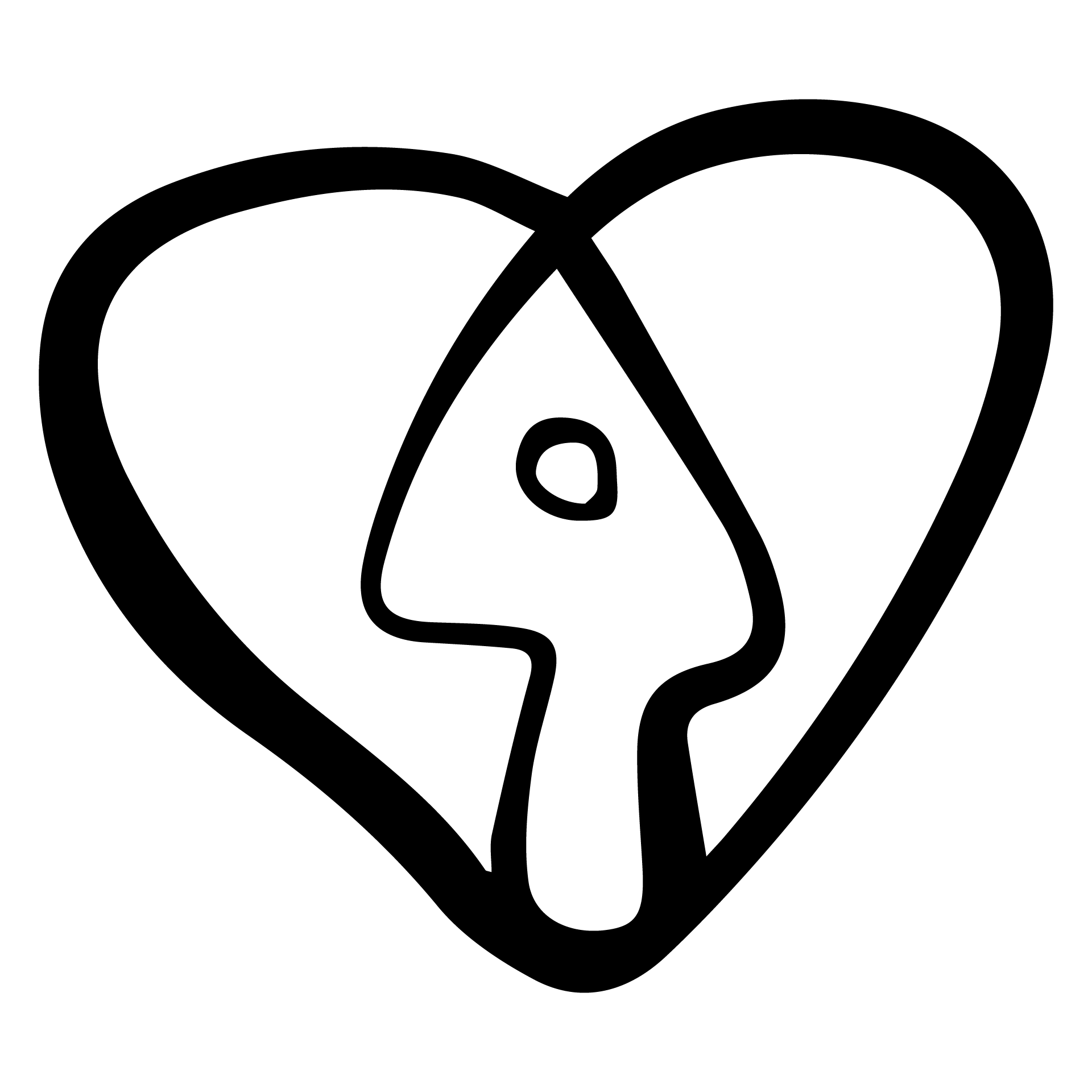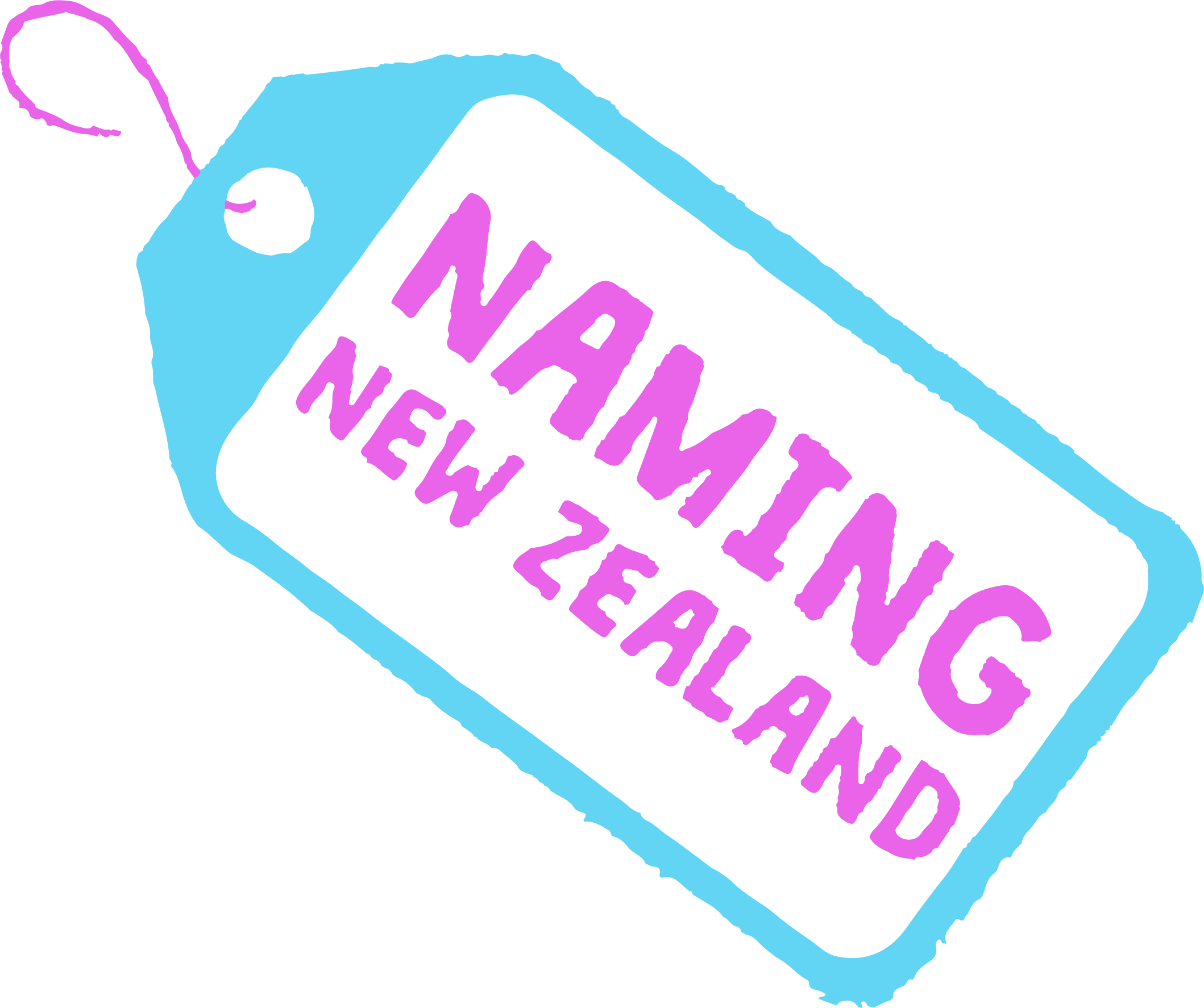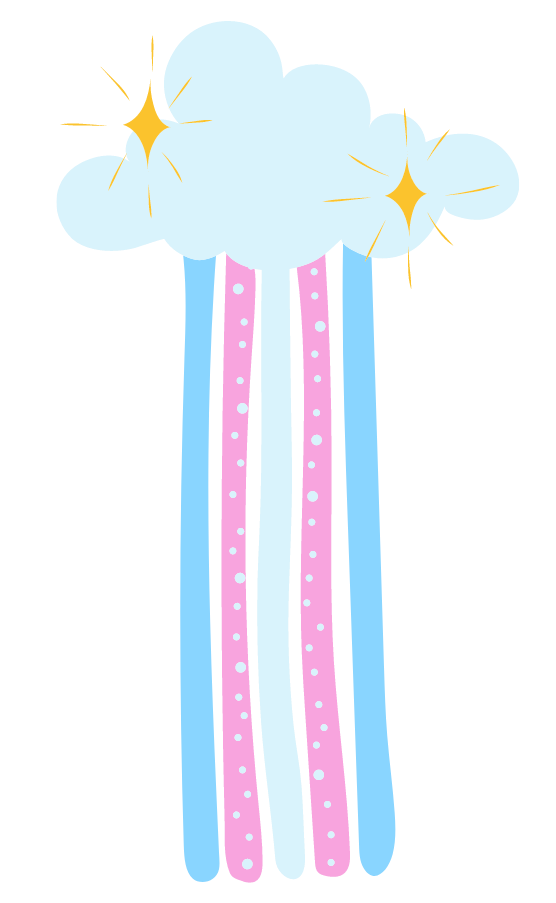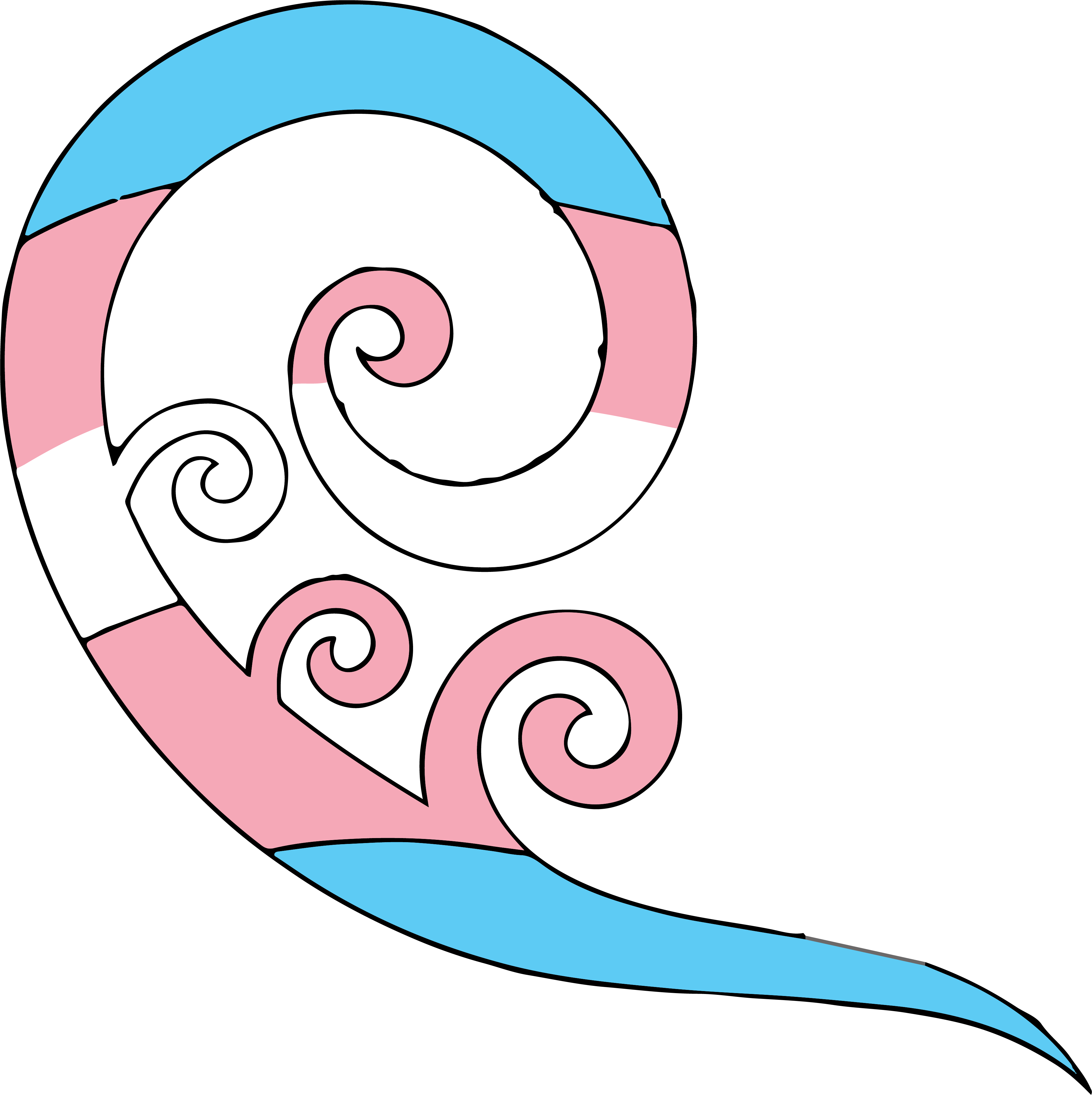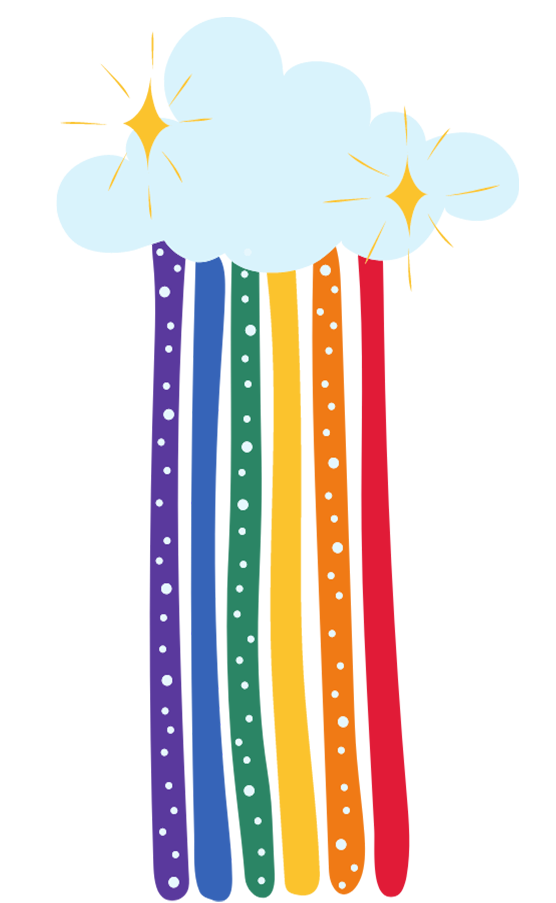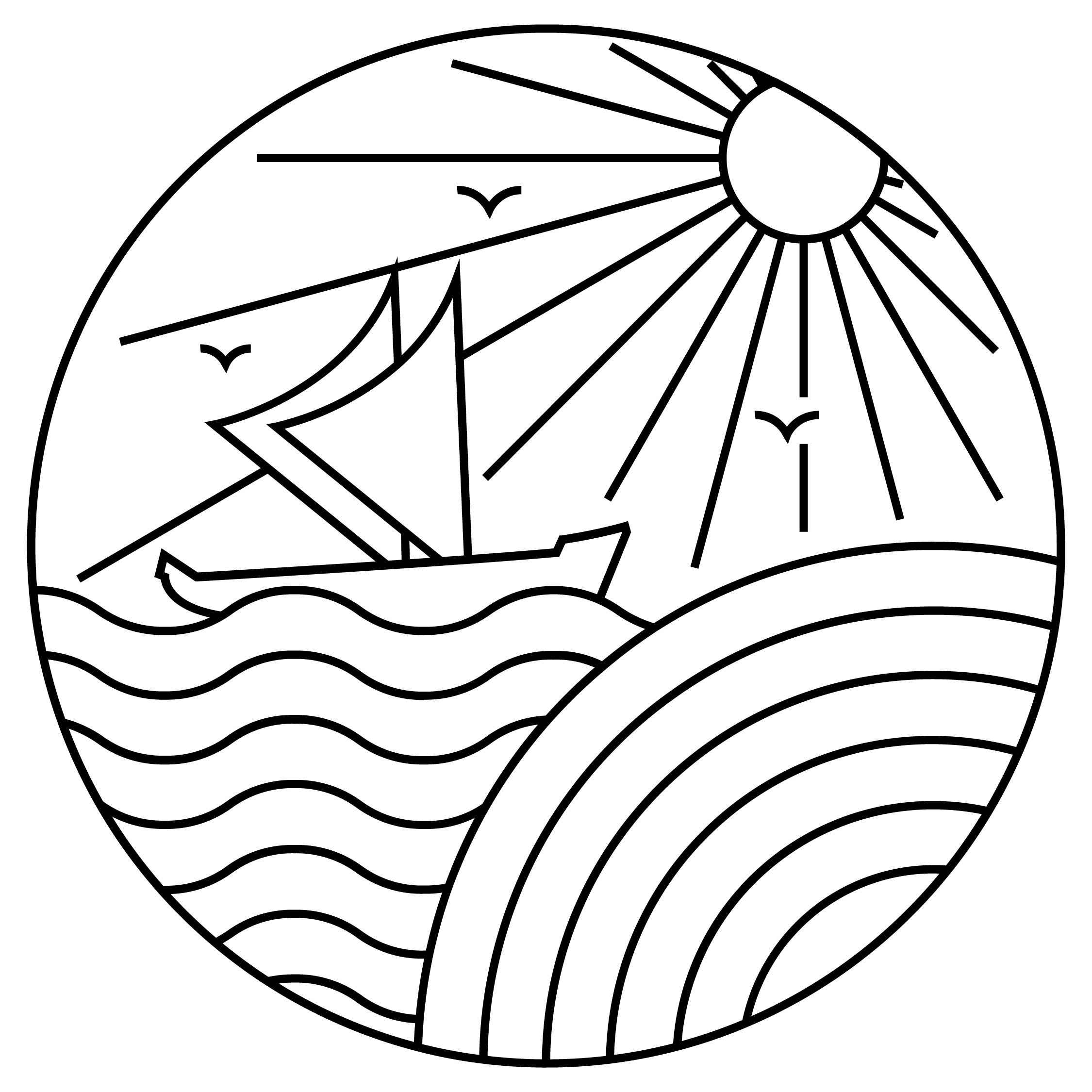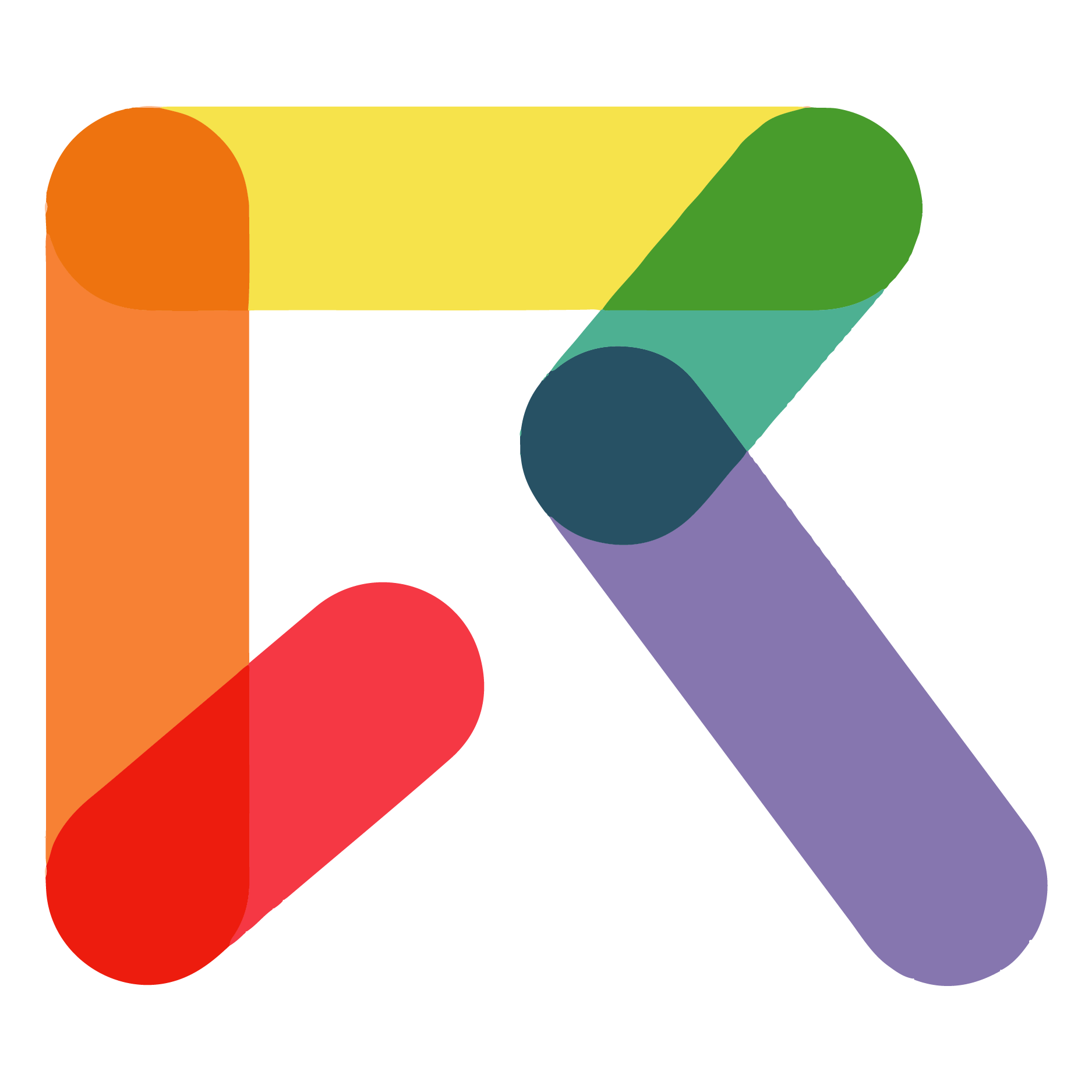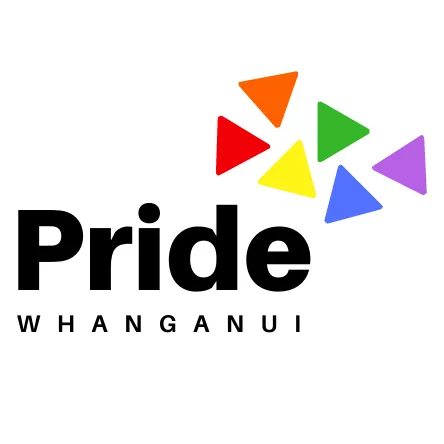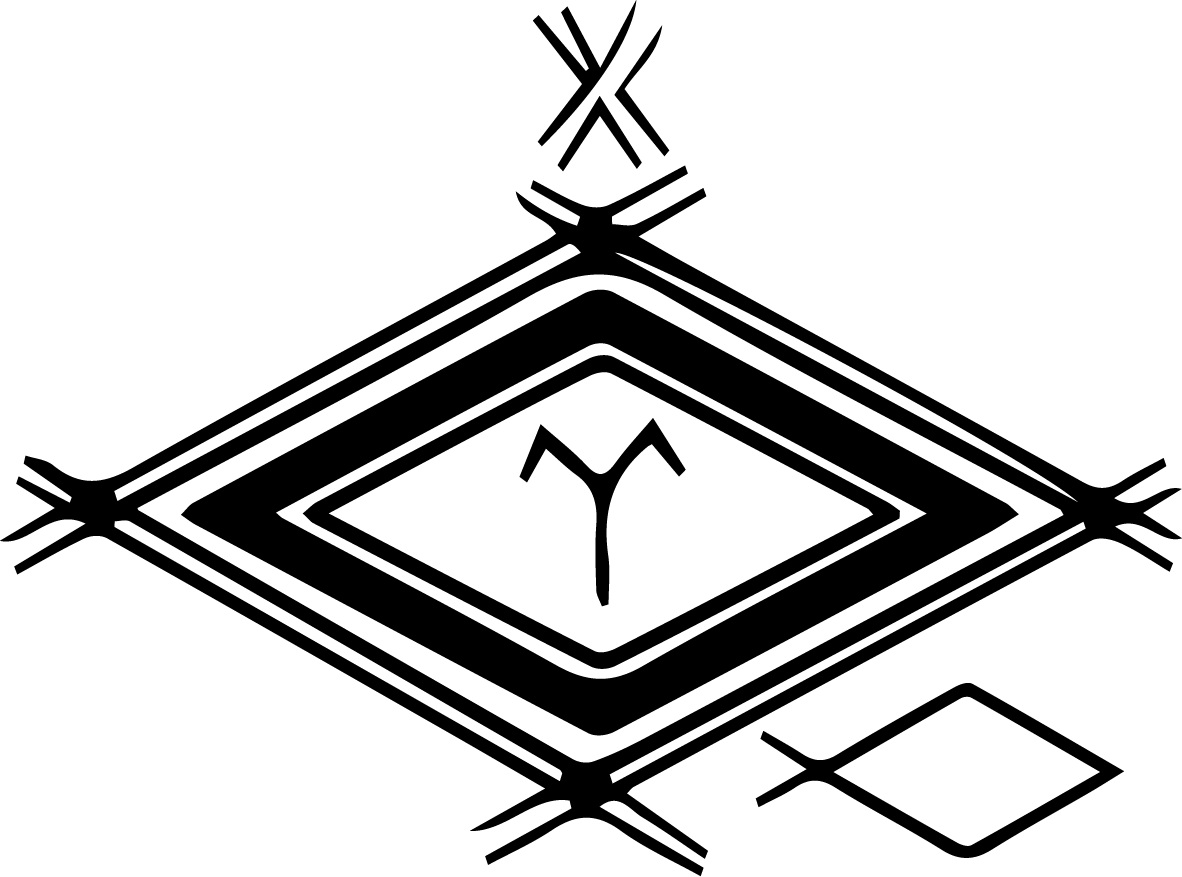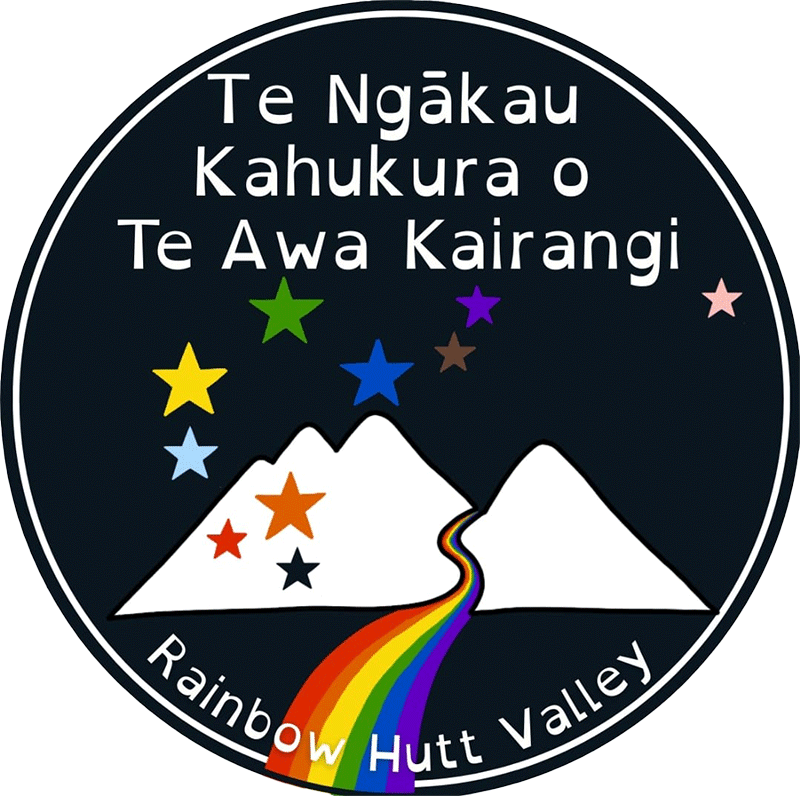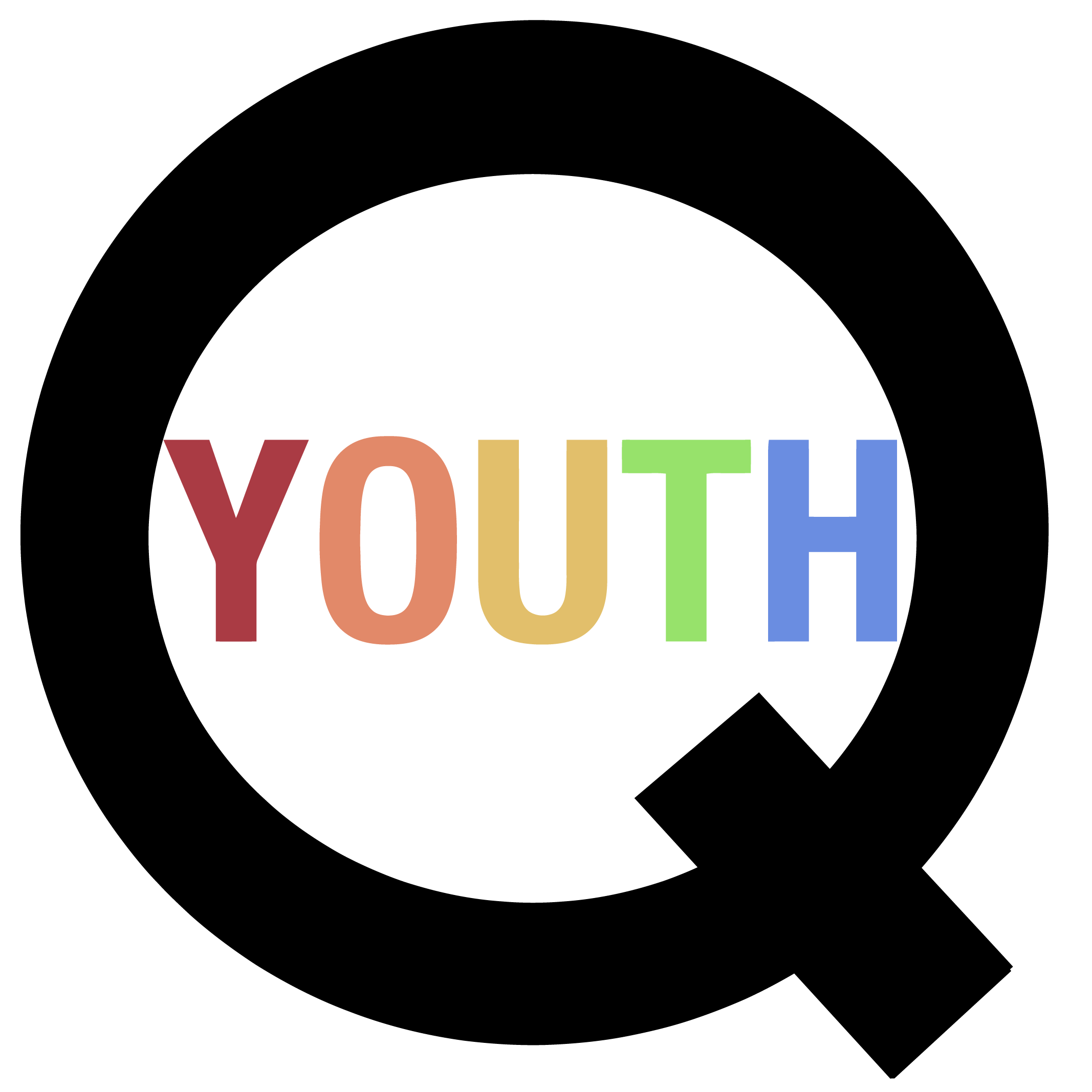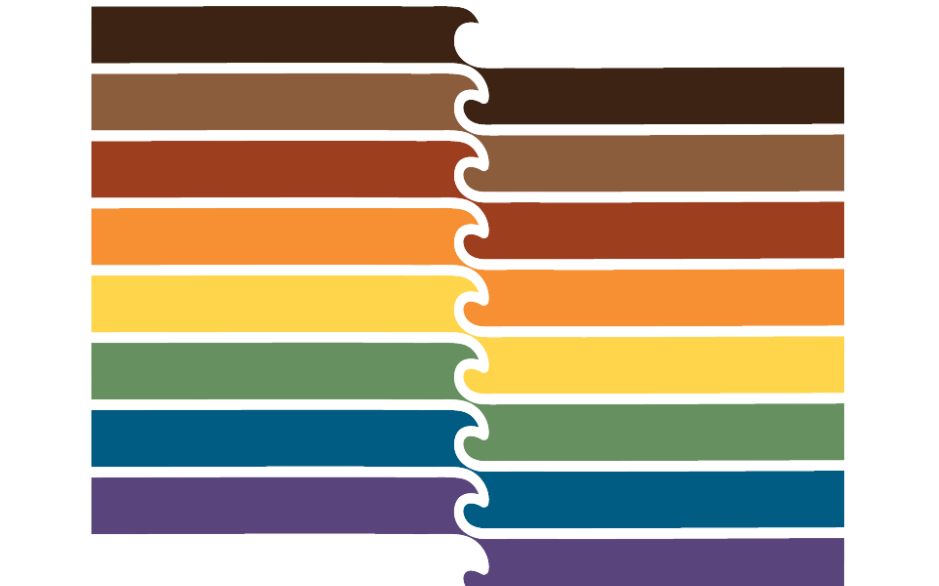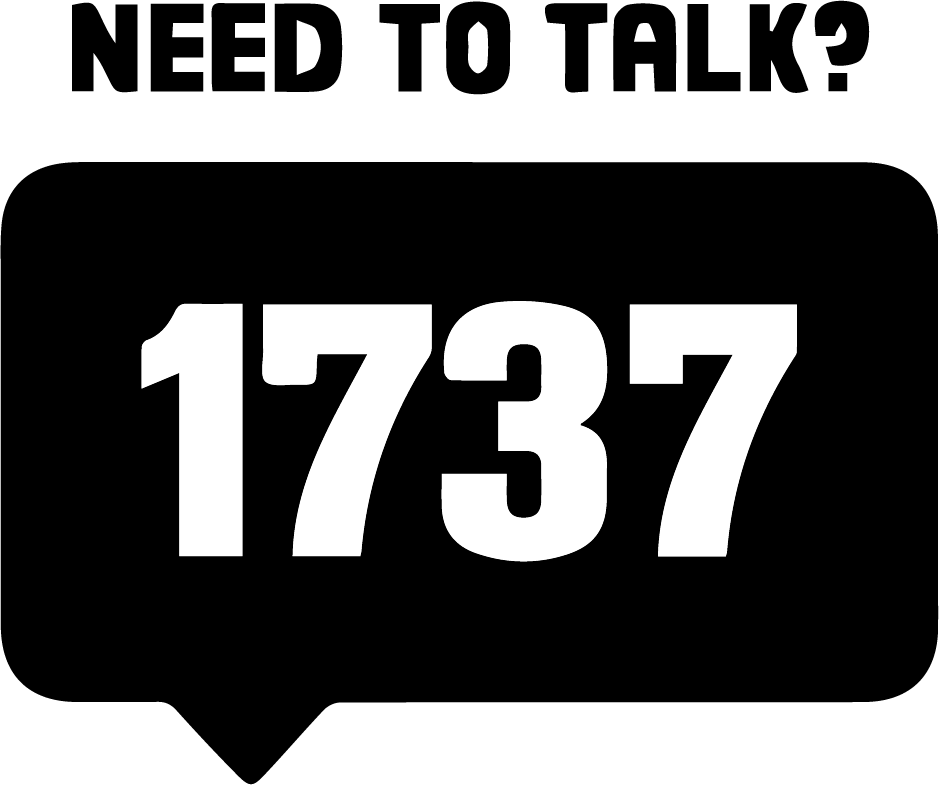Our Resources
Rainbow Pasifika - More Than Four
We were all recognized as unique members of society, akava-ine, takatāpui, fakaleti, fa'afafine. And then colonisation came along and took that part of our history away from us.
Now, some of our elders are almost quite hesitant, but they're only thinking like that because of colonisation.
The reason why I love being a fa'afafine is it expresses my cultural identity because I can trace back in the history that date back way before the missionary and Colonial rulers appeared on the Island.
What I love about being brown, queer: I enjoy so much of just the exposure of, like, putting myself out on stage, I'm a performing artist, but I do things to the extent of representing who I am 100%.
Yeah, I think the thing about being diverse in sexuality and in ethnicity is that it comes with different obstacles you have to pass. In real conservative Pacific Islander families, they're not so open to it. You know, it's not something that's talked about so often, and often it is actually frowned upon. It's a difficult situation to be in.
Being Samoan and bisexual means everything. It's not been easy, but it's just that I'm glad I've come out.
In Samoa, we, you don't hear of the terms "transgender" or "gay". Samoan people in Samoa classify us as fa'afafine and they call us fa'afafine.
Being Pasifika and queer, there's always this moment where I believe that there are some penalties to it. It's also a gift.
I can be this glamorous brown-skinned diva who owns the stage for the amount of time she has, or I can be this dancer who just moves her body the way she feels because it's obviously embedded into me.
Being Samoan and bisexual – it's true there's no terminology for that. Just 'cause there's no terminology for that in Samoan culture doesn't mean that it doesn't exist, because we are out there.
What being akava'ine means to me is several things. The first one is who I am culturally, because first and foremost, I take my culture with me everywhere I go.
Secondly, it's an easy way for my Pacific community. Everyone has a role. You have the man's jobs, the female's job, and then you have the job of the akava'ine.
I think some of the hard things about being fa'afafine is social acceptance. To me, the general statement that's been floating around that fa'afafine are accepted in Samoa, I believe they're actually tolerated.
And that comes back to sort of the missionary and colonial rulers and how they have filtered Samoan people in Samoa.
It's weird too because Samoan's always have this thing of embracing the fa'afafine, but there has to be this one particular type of fa'afafine which is the who'll stay at home, cleans stuff, do all the chores, looks after the kids, like, just this domesticated fa'afa and not this kind of fa'afafine that's free and… they're finding themselves and quite expressive with their wardrobe. That's probably the hard thing.
Some of the hard things about being Samoan and bisexual: I would say our religious part and what I feel I've put my family through. It's taken me a while to come out. I didn't want my family to get any backlash.
Our family's quite religious; they're really into their Christianity in Samoan culture. I just didn't want anything bad to happen to them.
What I would say to the younger people is that there is help out there and there's other people, all you've got to do is just reach out and not be afraid because it may seem crazy at the time but you got people that are there for you regardless.
My education counts as any criticism to being fa'afafine. You must be educated – it is our weapon.
I've been there and it's going to be a hard journey, but I kid you not, at the end, you will be one hell of an amazing person, and you will walk down the middle of that road strutting your stuff and owning it.
More Than Four
A video resource from InsideOUT, exploring the identities and experiences of and beyond ‘LGBT’ identities.
Hearing from a wide range of people within the rainbow community: asexual, aromantic, intersex, non-binary, bisexual, pansexual, transgender, takatāpui, fa’afafine, akava’ine, queer parents and people who identify as both Māori, Pasifika or Asian and queer.
Te Ao TakatāpuiTrailer
Takatāpui is an all-encompassing word that includes people who grew up Māori and identify as part of the rainbow community, gender diverse community.
Being takatāpui is not brand-new in Te Ao Māori. People have been that way for, you know, generations. But in the social context of today, it's our umbrella term for people who whakapapa Māori who are also a part of the community.
Te Ao Takatāpui
Te Ao Takatāpui is a video documentary series from InsideOUT Kōaro celebrating and sharing the stories and perspectives of takatāpui community members.
All episodes available to watch on our YouTube channel.
Rainbow students
Inside Out is a national charity, and our vision is to support all rainbow young people across Aotearoa to have a sense of safety and belonging in their schools and communities.
We provide a range of support to schools, workplaces and community organisations to create more rainbow inclusive spaces.
We also run a range of youth development programs in Wellington to support young people to connect with others like them.
Rainbow young people in New Zealand are five times more likely to attempt suicide because of the discrimination that they’re facing.
Inside OUT believes that every young person has the right to be safe and free to be who they are.
Rainbow secondary school students in Aotearoa
Listen to the voices of rainbow rangatahi
Available to watch online.
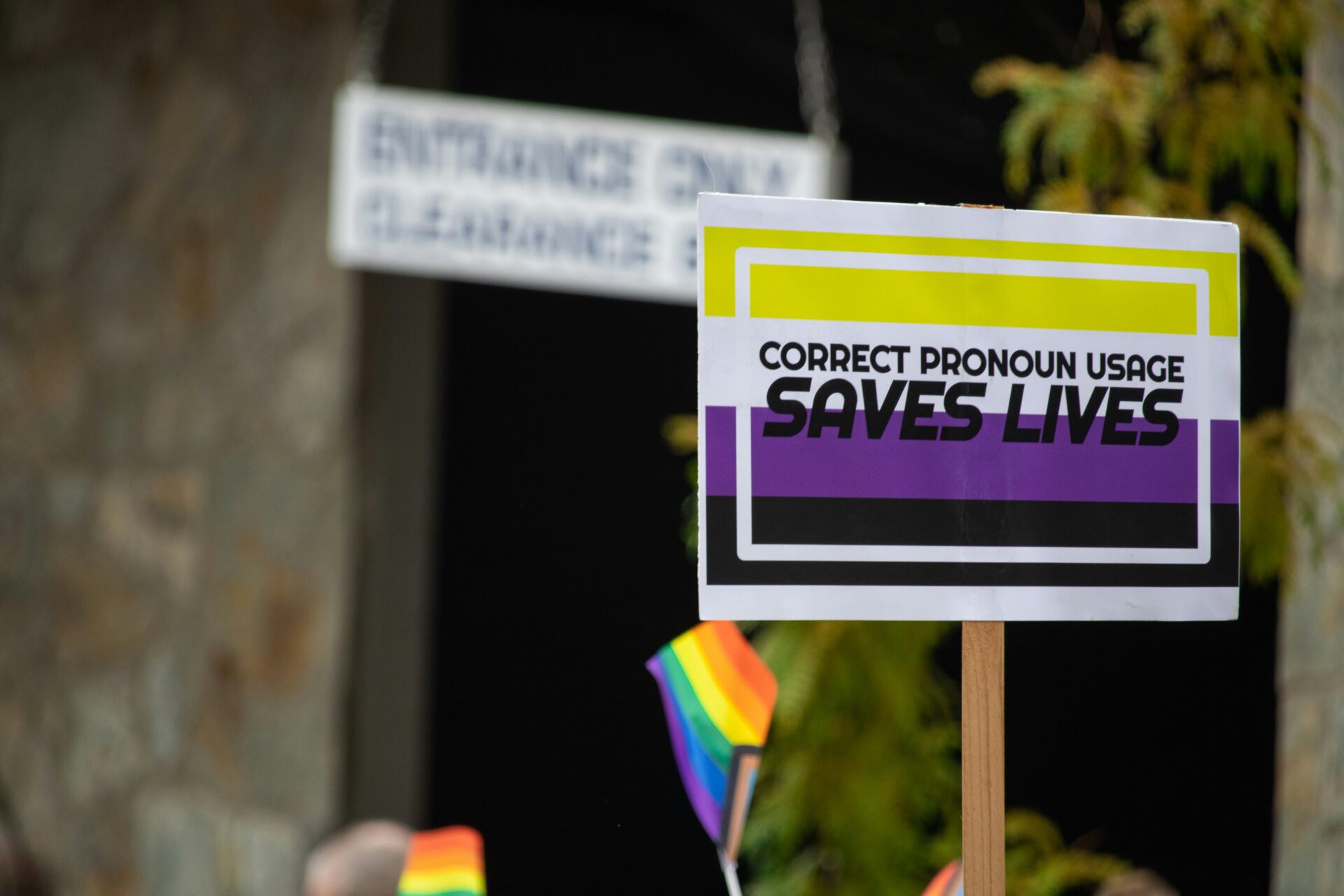
Pronouns
Sharing your pronouns and asking for someone else’s is an easy way to signal to the person you’re talking to that you aren’t assuming what their gender identity is or how they wish to be referred to.
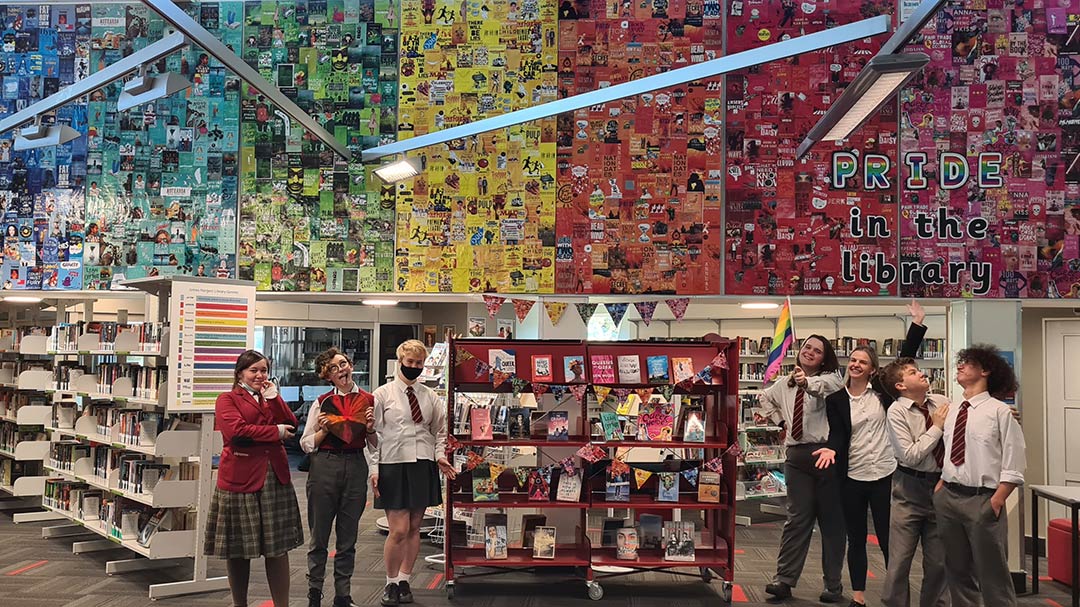
OUT ON THE SHELVES
Out on the Shelves is an online resource that lists books from around the world with rainbow themes and characters. It aims to support all rainbow young people to find stories that represent their identities in positive and affirming ways.

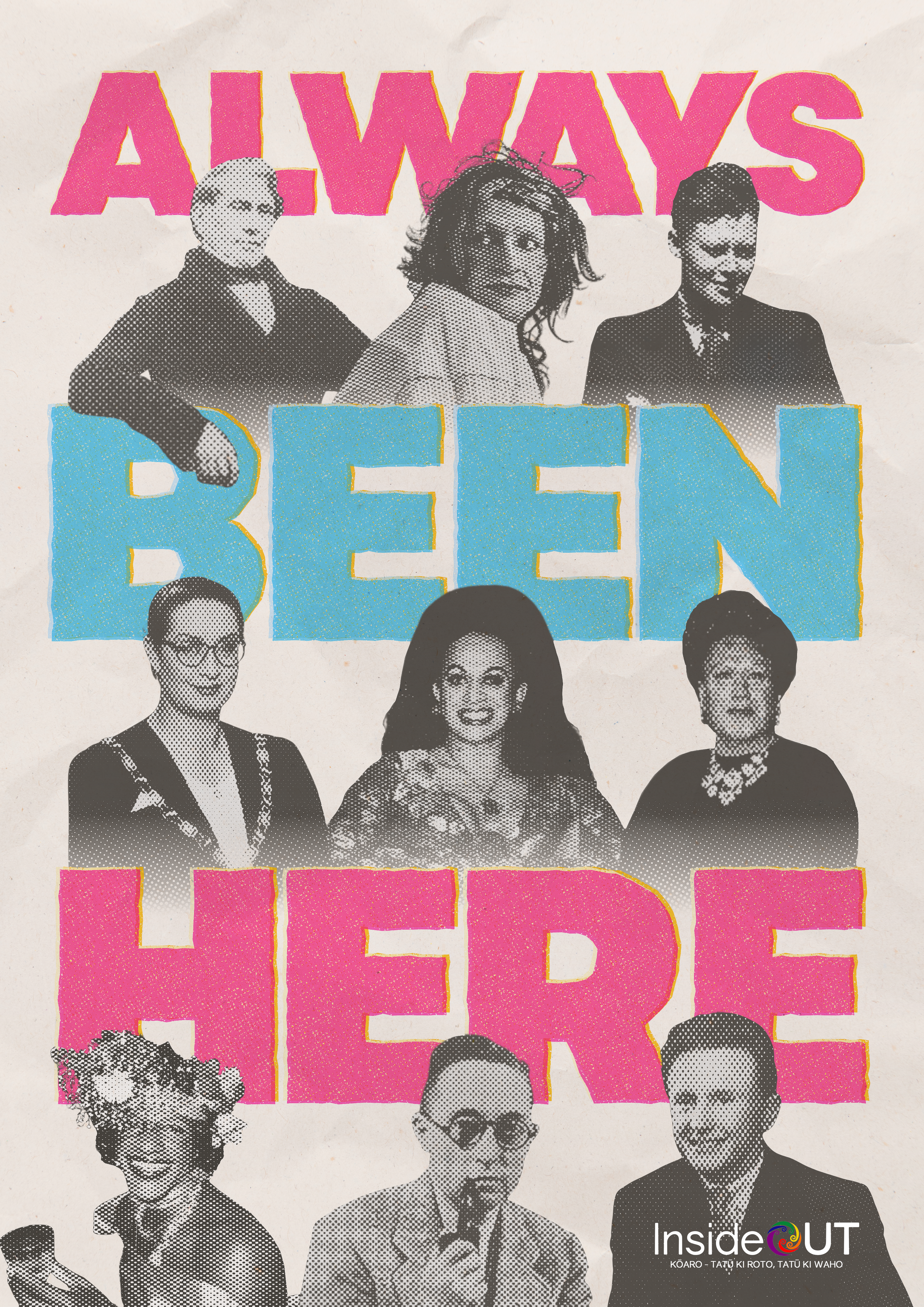
Posters
A collection of rainbow posters from InsideOUT Kōaro and other rainbow organisations across Aotearoa that can be downloaded and printed for free.
Helpful Links and Support
If you are looking for further information or support, we have compiled a comprehensive list of organisations and groups that work with whānau trying to support their rainbow loved ones.
National Resources & Organisations
RainbowYOUTH
National organisation based in Tāmaki Makaurau/Auckland providing peer support, information and resources for rainbow young people.
OutLine
Confidential, free, all-ages phone support line answered by trained rainbow volunteers every evening from 6pm – 9pm (0800 688 5463).
OutLine also offers paid in-person and video rainbow specialist counselling as well as an Auckland-based trans and non-binary peer support service. Check out their resource for families.
Gender Minorities Aotearoa
A Wellington-based advocacy organisation run by and for transgender people (including binary, non-binary, intersex, and irawhiti takatāpui).
You can find a range of resources, information and research on transitioning and accessing gender affirming healthcare on their website.
They also offer one-to-one peer support to transgender people of all ages, cultures, and backgrounds.
Intersex Aotearoa (ITANZ)
Intersex-led education, lobbying, advocacy and peer support around Aotearoa welcoming all people with intersex variations, as well as their whānau and friends.
Keep up with Intersex Aotearoa on Facebook
LAGANZ
Lesbian and Gay Archives of NZ | Te Pūranga Takatāpui o Aotearoa.
LAGANZ collects, preserves and makes available for research the records and personal papers of LGBTTIFQ people and organisations in New Zealand.
The Archives are owned by a Trust and housed in the Alexander Turnbull Library of the National Library of New Zealand, Wellington.
TAKATĀPUI.NZ
A resource hub for takatāpui people, their whānau and communities.
Learn about the history of the term ‘takatāpui’ as well as the key elements that make up takatāpui identity. Access stories and information about identity, wellbeing and suicide prevention
Te Ngākau Kahukura
Te Ngākau Kahukura is a partnership with rainbow communities held within the organisational structure of Ara Taiohi.
They aim to make communities, environments and systems more safe and inclusive for rainbow people by working strategically with key leverage points including funders, political decision makers, researchers, training providers, sector bodies and large agencies that provide health and social services.
PATHA
The Professional Association for Transgender Health Aotearoa (PATHA) is an interdisciplinary professional organisation working to promote the health, wellbeing and rights of transgender people.
They have over 200 members who work professionally for transgender health in clinical, academic, community, legal and other settings.
Naming New Zealand
Naming New Zealand is an initiative to inform, support and financially assist queer, gender diverse, takatāpui and intersex young people to update their identity documents to correctly reflect their identities.
Transgender and Intersex NZ
A Facebook group providing a supportive social environment and a Safer Space* for gender and sex minorities to ask for and share information. It is also available for partners, parents, whānau, friends, and supportive others to find information and to ask questions.
NZ Parents of Transgender & Gender Diverse Children
A website made by and for parents, caregivers and whānau of trans and gender diverse children in Aotearoa NZ.
NZPOTC provides advocacy and peer support and facilities families’ access to good quality information, research, guidance, and relevant support services.
Their support group includes parents, guardians and caregivers of all ages, ethncities and personal and professional backgrounds.
To join, visit their Portal Facebook Group.
FreedHearts Aotearoa NZ
A facebook support group for those parents who have lesbian, gay, bisexual, transgender, intersex or questioning children of any age and would like to find information and support in order to affirm and support their children.
Requirements for membership are that you love and support your children, and that you’re prepared to maintain privacy and confidentiality with the group.
To join, visit their Portal Facebook Group.
Regional Organisations & Groups
F'INE Pasifika Aotearoa Trust
F’INE is a Pacific LGBTQI+ / MVPFAFF+ focused Charitable Trust that provides Whānau Ora navigational services to Pacific Rainbow/MVPFAFF+ people and their families in the wider Tāmaki Makaurau region.
Follow them on Instagram.
Gender Dynamix Aotearoa
Gender Dynamix is a clinical and social organisation meeting the mental health service needs of the transgender and nonbinary community of the Bay of Plenty.
They offer individual mental health support, gender exploration, peer-driven group therapy support, peer support, whānau support, community and provider education, and more.
Rainbow Hub Waikato
Rainbow Hub Waikato is a non-profit organisation that creates spaces and works alongside communities to embrace, celebrate, and support diversity and identity, where all people thrive and feel empowered to be themselves.
They facilitate a number of peer support spaces and events throughout the Waikato, including spaces for youth, families, and interest-based hobbies.
Nevertheless
Nevertheless is a Māori, Pasifika and Takatāpui non profit organisation that sells apparell and advocates for equitable mental health outcomes.
Nevertheless also runs Manioro, an annual gathering for LGBTQIA+, Takatāpui, MVPFAFF+, Pasifika Rainbow, Rainbow+ people to come together with whānau and friends to be educated, uplifted and inspired through storytelling, creative wānanga and the celebration of Polynesian culture.
This kaupapa has also seen the launch of the Manioro Rainbow Hub Hawkes Bay.
Pride Whanganui
Pride Whanganui is a charity striving to make Whanganui more inclusive of the LGBTTQIA+ community. They are working to establish more resources, create better health care processes, and encourage regular events.
Ngā Uri o Whiti Te Rā Mai Le Moana Trust
First established in 2013 as a Māori Performing Arts/Kapa Haka group, Ngā Uri o Whiti Te Rā Mai Le Moana Trust is a charitable organisation that works to generate community inclusion for Pasifika and Māori in Porirua and the wider Wellington region.
The trust provides programming through a Hāpori Fale (Youth Hub) and is dedicated to providing a safe environment for Pacific rainbow youth. They also provide assistance to other organisations that work with Pacific rainbow people of all ages.
Te Ngākau Kahukura o Te Awakairangi
A rainbow organisation based in the Hutt-Valley opening a service and youth hub space in 2023.
Keep up to date with them on Facebook.
Q Youth
Q-Youth is a by-youth, for-youth charitable organisation based in Nelson. It is dedicated to making the Nelson region a safe place to grow up LGBTQIA+.
They offer two weekly youth groups for different ages as well as support, advocacy and information for queer and trans youth, their friends, whānau and wider communities.
Qtopia
Qtopia provides support for rainbow young people in Ōtautahi Christchurch and the wider Waitaha Canterbury area.
They offer youth groups, whānau support and resources as well as volunteering opportunities, from group facilitation to organising social events.
Moana Vā
Moana Vā is a Pacific Collective addressing the need for a tangible community connection, support, advocacy, and mentorship for Pacific Rainbow LGBTQIA+ MVPFAFF+ in the Waitaha/Canterbury region.They provide advice, guidance and connection for health and wellbeing.
Support Lines
OutLine
Confidential, free, all-ages phone support line answered by trained rainbow volunteers every evening from 6pm – 9pm (0800 688 5463).
OutLine also offers paid in-person and video rainbow specialist counselling as well as an Auckland-based trans and non-binary peer support service. Check out their resource for families.
YouthLine
Youthline is a “with youth, for youth” organisation that supports young people throughout Aotearoa New Zealand.
Youthline offers a free Helpline service (text, phone, webchat and email), free face-to-face counselling services, youth mentoring, programmes in schools and communities to help people grow and develop.
Free call 0800 376 633 | Free text 234
1737
1737, need to talk?’ is New Zealand’s national mental health & addictions helpline number.
Free call or free text 1737 any time, 24 hours a day.
You’ll get to talk to (or text with) a trained counsellor or talk to a peer support worker who can help support you or a loved one/family member you’re concerned about.
Sexual Health Services
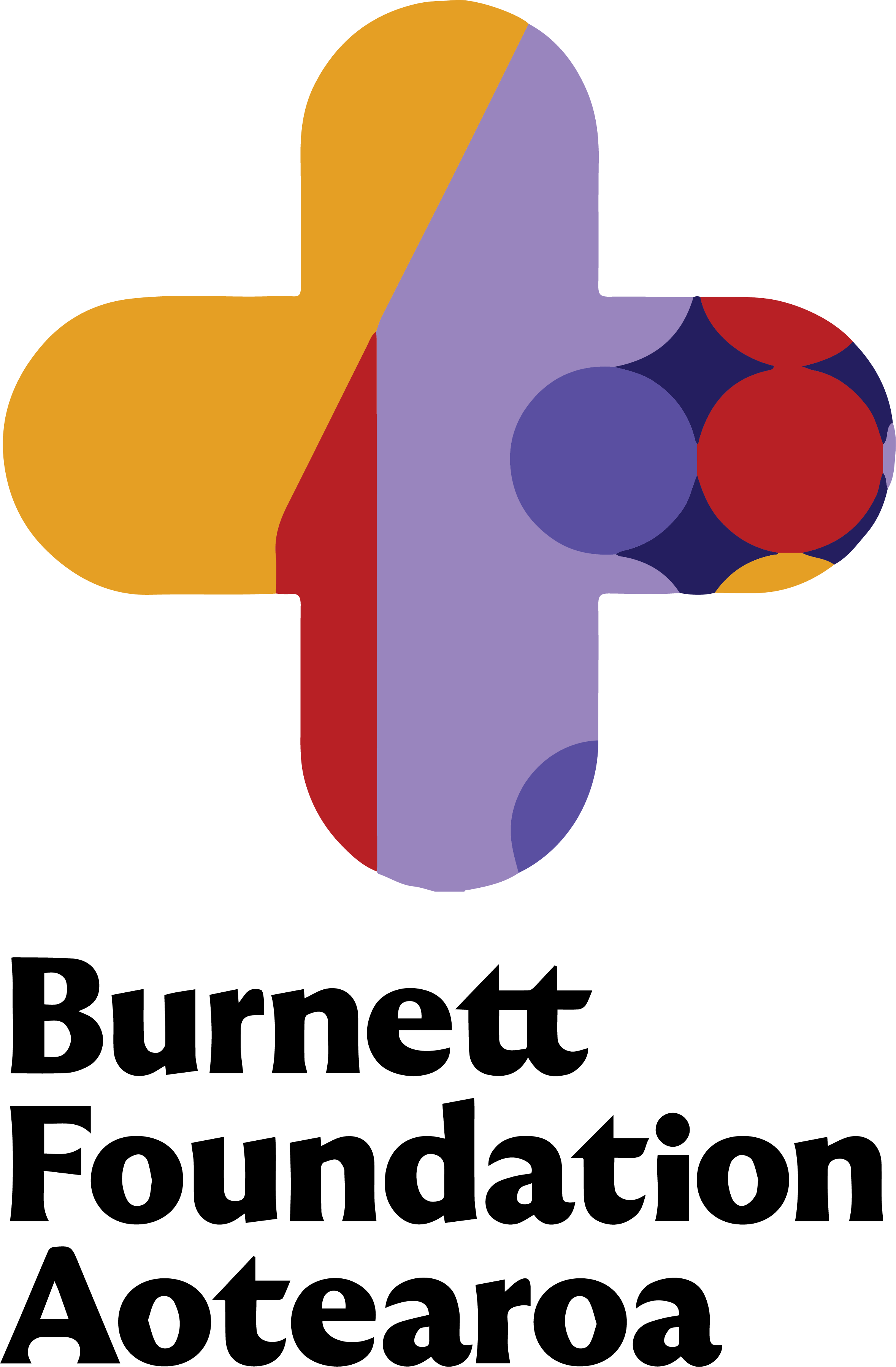
Burnett Foundation
Burnett Foundation Aotearoa (formerly New Zealand AIDS Foundation & Ending HIV NZ) is a sex-positive public health organisation working to prevent HIV transmission, reduce stigma and support those living with HIV.
Burnett Foundation has service centres in Tāmaki Makaurau Auckland, Te Whanganui-a-Tara Wellington and Ōtautahi Christchurch. They provide HIV and STI testing, counselling, group support and other services at these centres and remotely for people anywhere in Aotearoa New Zealand.
Family Planning NZ
Family Planning clinics can help with contraception, STI testing and treatment, cervical screening, pregnancy testing, abortion advice, PMS, menopause, HPV vaccinations, and advice for other sexual and reproductive health issues including what to do if you’ve had unprotected sex.
Their services are confidential and non-judgemental and for people of any age, gender, sexual orientation or nationality. They are free for New Zealand citizens/residents under the age of 22.
DECIDE.org.nz
DECIDE.org.nz is a website and telehealth service that provides information about abortion services and abortion care in Aotearoa New Zealand.
Most abortion services are free for most New Zealand citizens and residents.
Get Involved!
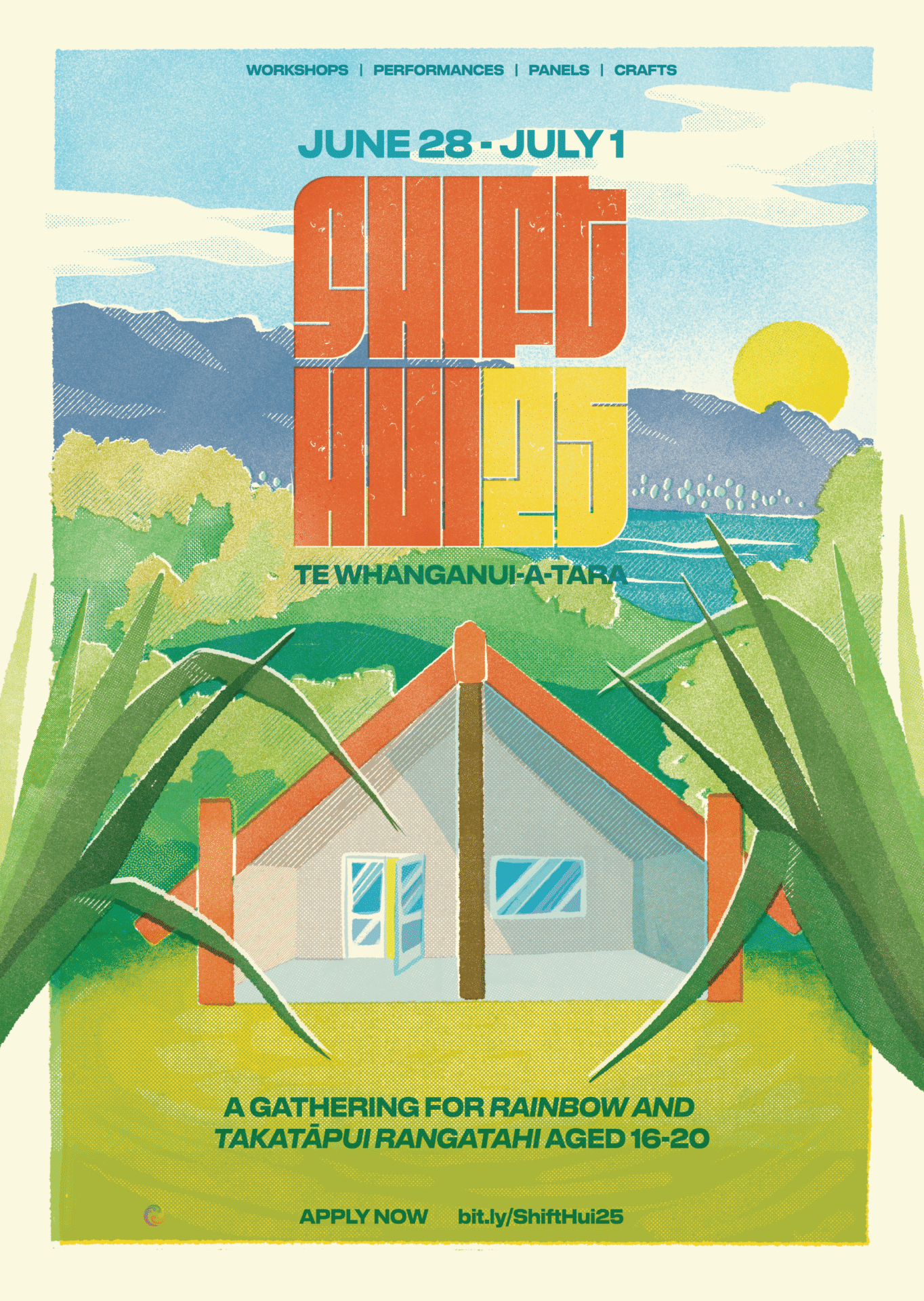
Shift Hui
Shift is our long-running national hui (gathering) for rainbow, takatāpui, MVPFAFF+ and intersex young people aged 16-20. It is a safe place for rangatahi to connect, grow, and learn about different issues facing the rainbow community in Aotearoa.
Participants take part in a variety of informative workshops and fun activities, gaining new skills and knowledge that they can utilise in their lives, schools and communities.
We want to see a shift in the dominant culture and contribute to making Aotearoa New Zealand a safe place for everyone, regardless of their sex, sexuality or gender.
Shift Hui is historically held in-person at Horouta Marae every April. In response to the Covid pandemic, we have also hosted Shift Hui online.
“Coming from a smaller town, I was one of the only people I knew in the rainbow community. It makes everything a lot less lonely, and gives one hope for the future.” – Shift Hui participant
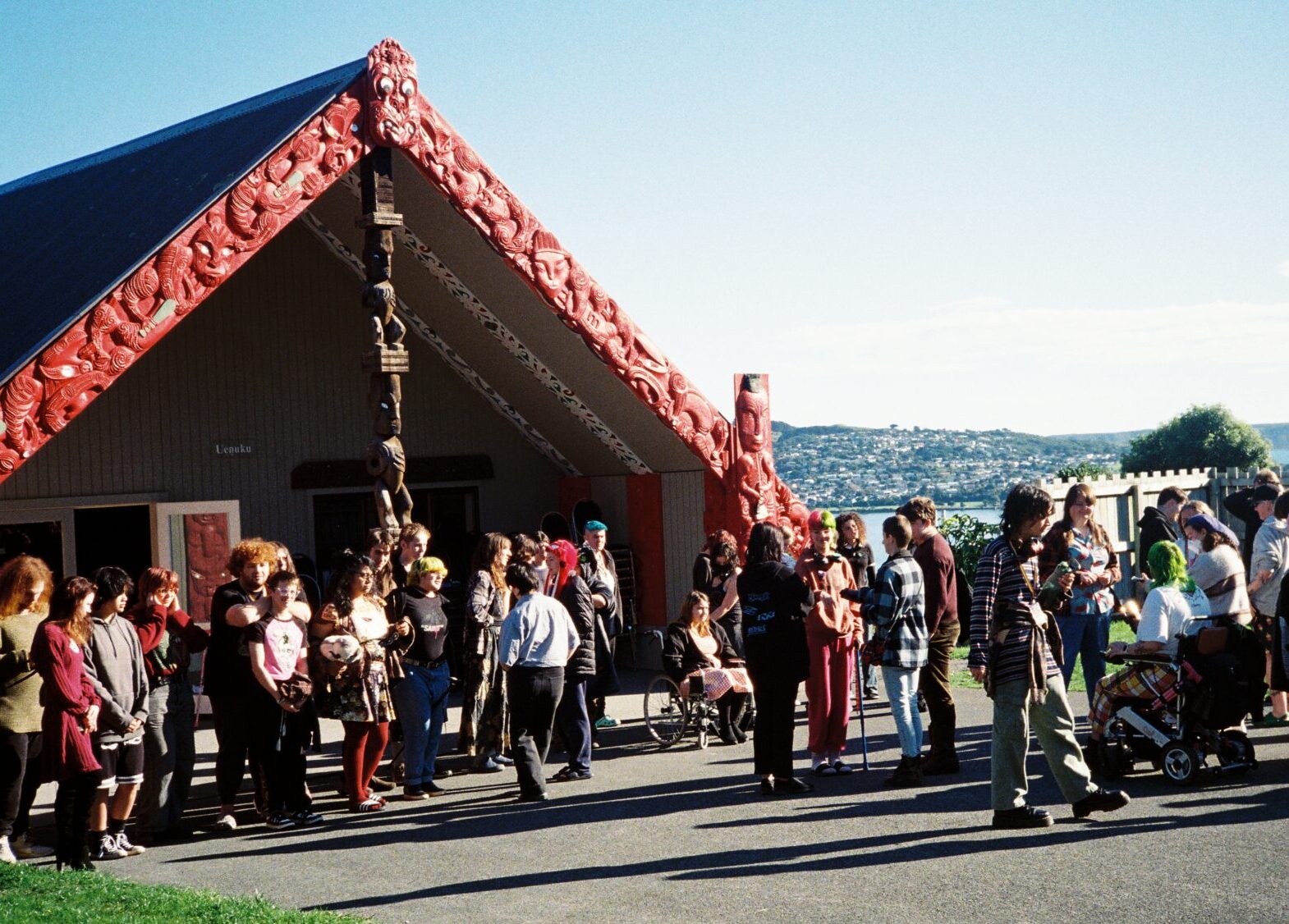
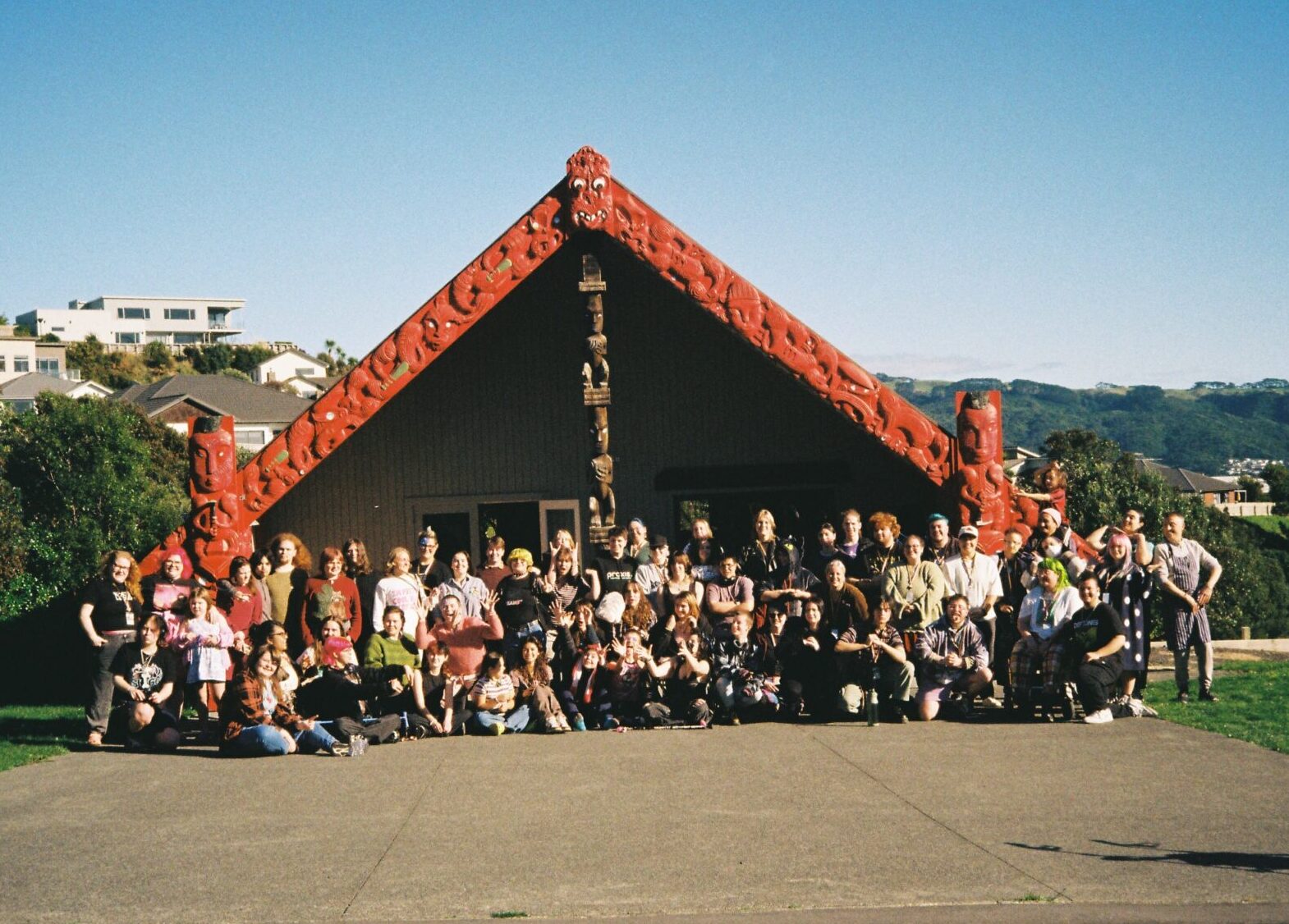
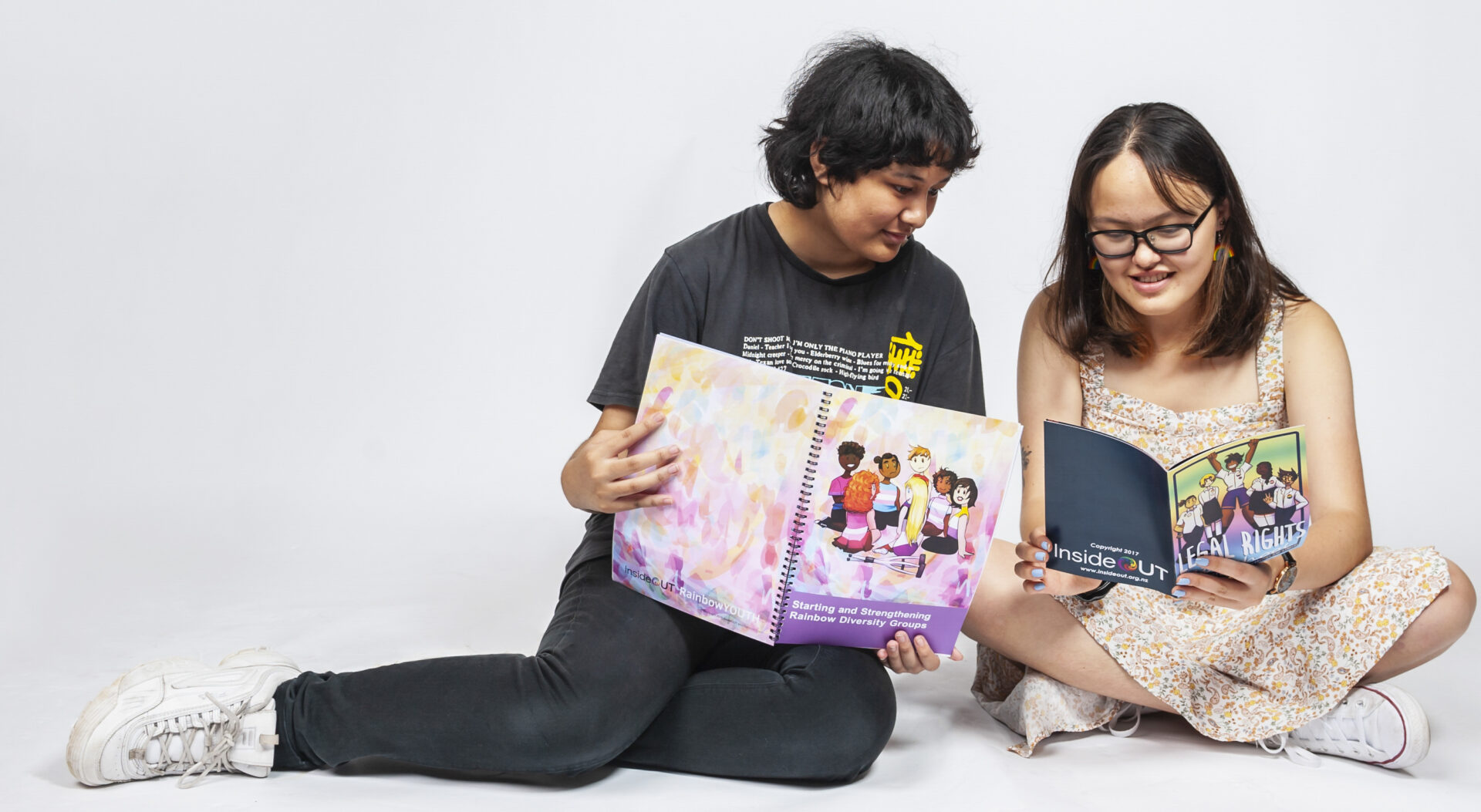
Youth Volunteers
We are always looking for young people (under 27) to join our volunteer team and get involved!
Our volunteers take on tasks of facilitating workshops, hosting our radio show, filming and editing, graphic design and supporting events and campaigns.
Volunteering opportunities come up all across Aotearoa, so get in touch to see how you can get involved in your region.

